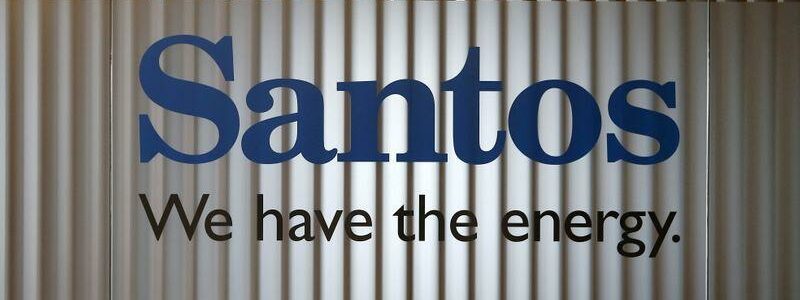
Papua New Guinea fears Santos-Oil Search merger may hurt local market
MELBOURNE (Reuters) – The Papua New Guinea government said Santos Ltd’s takeover of PNG-listed Oil Search could harm the national interest, as the deal would give a foreign company too much control over its oil and gas resources and could sap capital from the country.
Oil Search in August agreed to a proposed takeover by Santos valuing the PNG-focused company at A$8.4 billion ($6.2 billion). The two companies expect to finalise terms after completing a review of each other’s books on Sept. 13. The PNG government, among other regulators, must approve the deal.
“If the merger will result in the weakening of any Papua New Guinean shareholders or shareholder interests, reduction in market liquidity, potential for job losses, potential delisting from PNGX, and loss of local ownership of the company assets to a foreign interest, it is not in PNG’s national interest,” Deputy Prime Minister Samuel Basil said in a statement late on Thursday.
The statement raised more specific concerns than an initial statement from Prime Minister James Marape in August.
Santos had no immediate comment.
Basil highlighted that Oil Search is an important investment for PNG investors, making up 31% of the PNG share market.
“Papua New Guineans will be denied access to direct investment into significant domestic projects of national importance, like the ExxonMobil PNG LNG and Total Papua LNG,” Basil said.
If Santos did not list the merged group in PNG, local shareholders would be forced to hold Australian shares, hitting the PNG exchange’s listing fee income and portfolio fees for local fund administrators, he said.
“The impact of capital erosion will significantly damage PNG’s already fragile emerging domestic savings and investment market,” he added.
Basil also raised concerns the deal would make Santos the largest stakeholder in the country’s biggest resource project, the PNG LNG project, operated by Exxon Mobil Corp, by increasing Santos’ stake to 42.5%.
($1 = 1.3576 Australian dollars)
Source: Read Full Article